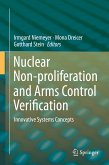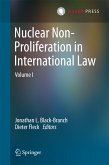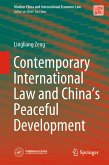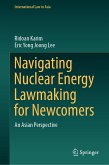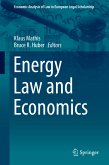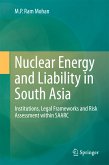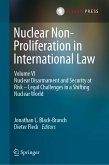This book analyzes the law and politics in the peaceful use of nuclear energy. The "inalienable right" as provided for in Article IV of the Treaty on the Non-proliferation of Nuclear Weapons (NPT) has unexpectedly been an interpretation riddle, which has brought about many controversies among NPT Party States, like those in the 1970s between the U.S. and its allies, and today in the Iranian nuclear problem and in the North Korean nuclear crisis.
This book offers a detailed review and analysis of the lifetime of the norm on the right to the peaceful use of nuclear energy: what factors give rise to a possible design of the dynamic treaty obligation, how they are made in drafting the relevant treaty provisions, and how subsequent practice plays a role in the interpretation. The usefulness of the general rule of interpretation is also challenged in this book, and an interdisciplinary perspective on interpretation is otherwise proposed to better understand the interplay of the law and politics in the nuclear nonproliferation regime.
This book offers a detailed review and analysis of the lifetime of the norm on the right to the peaceful use of nuclear energy: what factors give rise to a possible design of the dynamic treaty obligation, how they are made in drafting the relevant treaty provisions, and how subsequent practice plays a role in the interpretation. The usefulness of the general rule of interpretation is also challenged in this book, and an interdisciplinary perspective on interpretation is otherwise proposed to better understand the interplay of the law and politics in the nuclear nonproliferation regime.
Dieser Download kann aus rechtlichen Gründen nur mit Rechnungsadresse in A, B, BG, CY, CZ, D, DK, EW, E, FIN, F, GR, HR, H, IRL, I, LT, L, LR, M, NL, PL, P, R, S, SLO, SK ausgeliefert werden.



